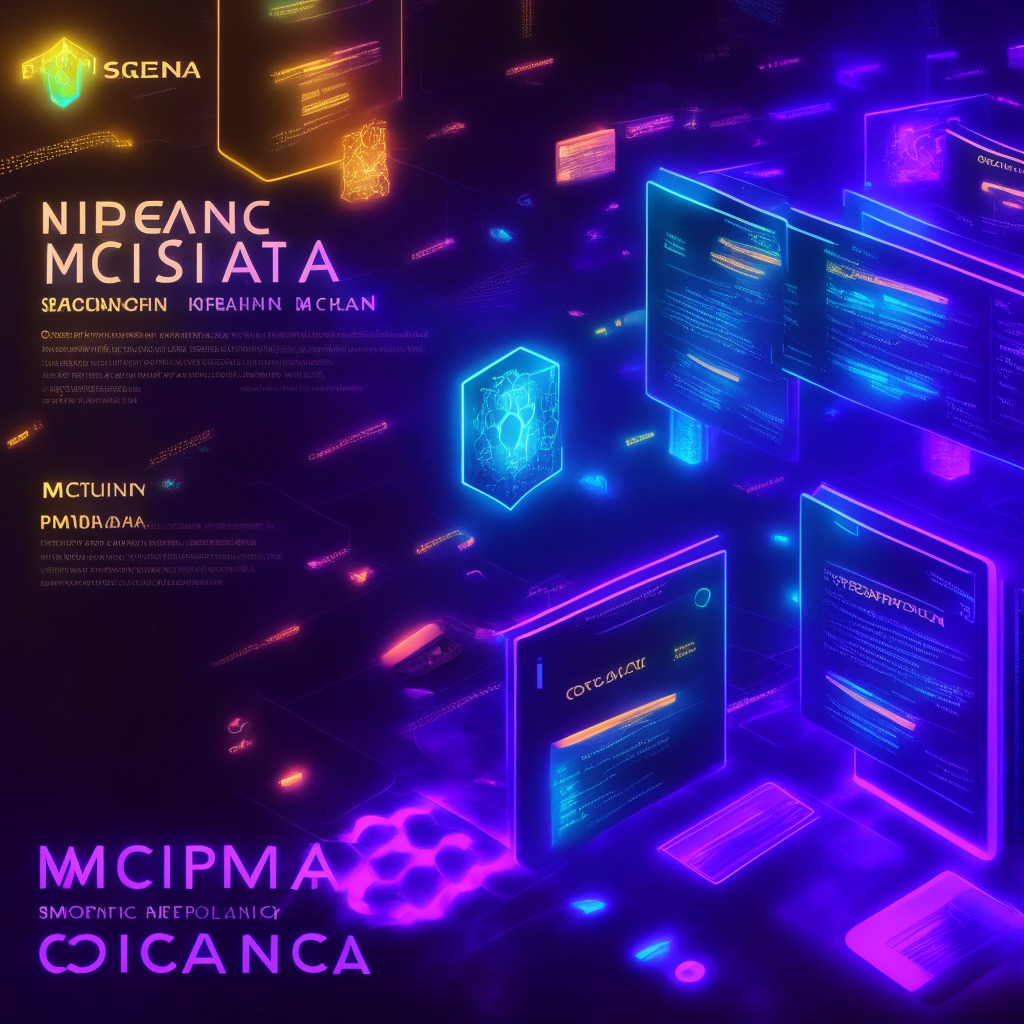The future of financial markets seems to be pointing towards Web3 technology, with a number of leading technology and digital asset companies expressing support for Canton Network, a new blockchain aiming to streamline financial markets. With industry partners such as Microsoft, Capgemini, Deloitte, IntellectEU, and Umbrage, and clients like Goldman Sachs, BNP Paribas, Deutsche Börse Group, and EquiLend, Canton Network has certainly grabbed the attention of the financial world.
Canton Network, a “privacy-enabled interoperable blockchain network designed for institutional assets,” aims to build a “network of networks” that allows previously isolated systems to interoperate. The platform intends to create a “reconciliation-free environment” for financial institutions, allowing assets, data, and cash to be synchronized across various applications.
In contrast to smart contract blockchain networks, which have not seen widespread adoption among financial institutions due to concerns over privacy, control, and scalability, Canton Network claims to strike a balance between decentralization, privacy, and control. By doing so, it maintains a secure and compliant regulatory environment.
As the financial sector begins to embrace blockchain technology, Canton Network represents the push to capture the potential benefits of public blockchains, without the associated downsides. The platform enables connections with innovative blockchain solutions currently available, all while preserving privacy and permissioning.
Banks across the world continue to explore blockchain technology for cross-border payments, with some even creating their own digital currencies. The potential advantages, such as increased speed and transparency, as well as reduced costs, are driving these initiatives.
A recent example includes European banks SEB and Crédit Agricole launching so|bond, a new blockchain-based platform for issuing digital bonds in the traditional financial sector. This platform aims to improve efficiency and enable real-time data synchronization among participants, much like Canton Network.
Critics, however, point out that a balance between decentralization, privacy, and control might not be entirely possible, given that each of these aspects can undermine the others. Additionally, concerns over the environmental impact of blockchain technology and the potential for regulatory intervention may hinder widespread adoption.
In conclusion, Canton Network could potentially revolutionize the way financial markets operate by integrating Web3 technology and creating a seamless “network of networks.” It remains to be seen how the platform will navigate the challenges presented by the need for an ideal balance between decentralization, privacy, and control. As the financial sector continues to explore blockchain innovations, Canton Network may very well be on the right track to transforming the industry.
Source: Cryptonews




